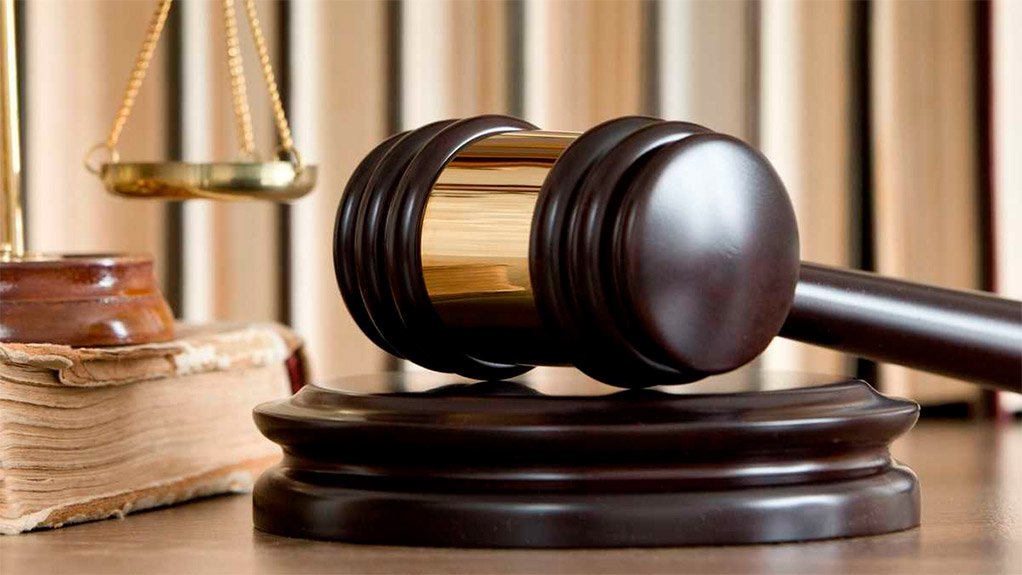The National Prosecuting Authority (NPA) on Friday said it will consider and "interrogate" the judgment delivered by the Supreme Court of Appeal in President Jacob Zuma's "spy tapes" saga.
Justice Eric Leach delivered the much-anticipated ruling on Friday, dismissing the NPA and Zuma's appeal against a 2016 decision by the High Court in Pretoria that found the NPA's decision to drop the corruption charges against Zuma that related to fraud, racketeering and money laundering was irrational.
"We had the judge say it was a 47 page judgment, [and] we need to consider the judgment before we engage South Africans," NPA spokesperson Luvuyo Mfaku said.
"The NPA will at all times do the right thing within the confines of the rule of law and in the interest of proper administration of justice."
The appeals are dismissed with costs.
The ruling said the authenticity and legality of the recorded conversations which former NPA boss Mokotedi Mpshe considered vital to his decision to discontinue the prosecution were not beyond doubt.
Leach said that since the recorded conversations were considered vital, greater thought ought to have been given by the NPA.
He said the reasons for discontinuing the prosecution provided by Mpshe "do not bear scrutiny for the record themselves" on which he relied upon.
In September 2008, Pietermaritzburg High Court Judge Chris Nicholson dismissed criminal charges against Zuma, citing a political conspiracy to influence the case by former president Thabo Mbeki and others.
Nicholson's decision was taken to the Supreme Court of Appeal, and overturned. Zuma subsequently appealed this in the Constitutional Court, setting in motion a direct approach to the NPA to make written and oral representations on why the case should be dropped.
On April 6, 2009, Mpshe said recordings of telephone conversations between then-Scorpions boss Leonard McCarthy and former NPA boss Bulelani Ngcuka, showed political interference in the decision to charge Zuma.
The two were recorded discussing the timing of bringing charges against Zuma. The charges related to his alleged involvement in the country’s multi-billion rand arms deal.
The 18 charges were subsequently withdrawn, just before Zuma was sworn in for his first term as president.
The Democratic Alliance has been fighting to have the charges reinstated.
In 2016, a full bench of judges overturned the NPA's decision to drop the corruption charges.
Both the NPA and Zuma turned to the SCA after the High Court denied them direct access for an appeal.
But last month Zuma and the NPA made an about-turn and conceded that Mpshe's decision not to prosecute Zuma was irrational.
Advocate Kemp J Kemp, SC, for Zuma, told the full bench of justices that he believed that the NPA had erred in their decision.
"Let’s take it a step further – in other words, they made an irrational decision?" Justice Azhar Cachalia quizzed Kemp.
"That is then correct, yes," Kemp replied at the time.
Kemp said that if the SCA finds that Mpshe did not make a rational decision, then someone would have to make a rational decision on that basis.
EMAIL THIS ARTICLE SAVE THIS ARTICLE
To subscribe email subscriptions@creamermedia.co.za or click here
To advertise email advertising@creamermedia.co.za or click here











